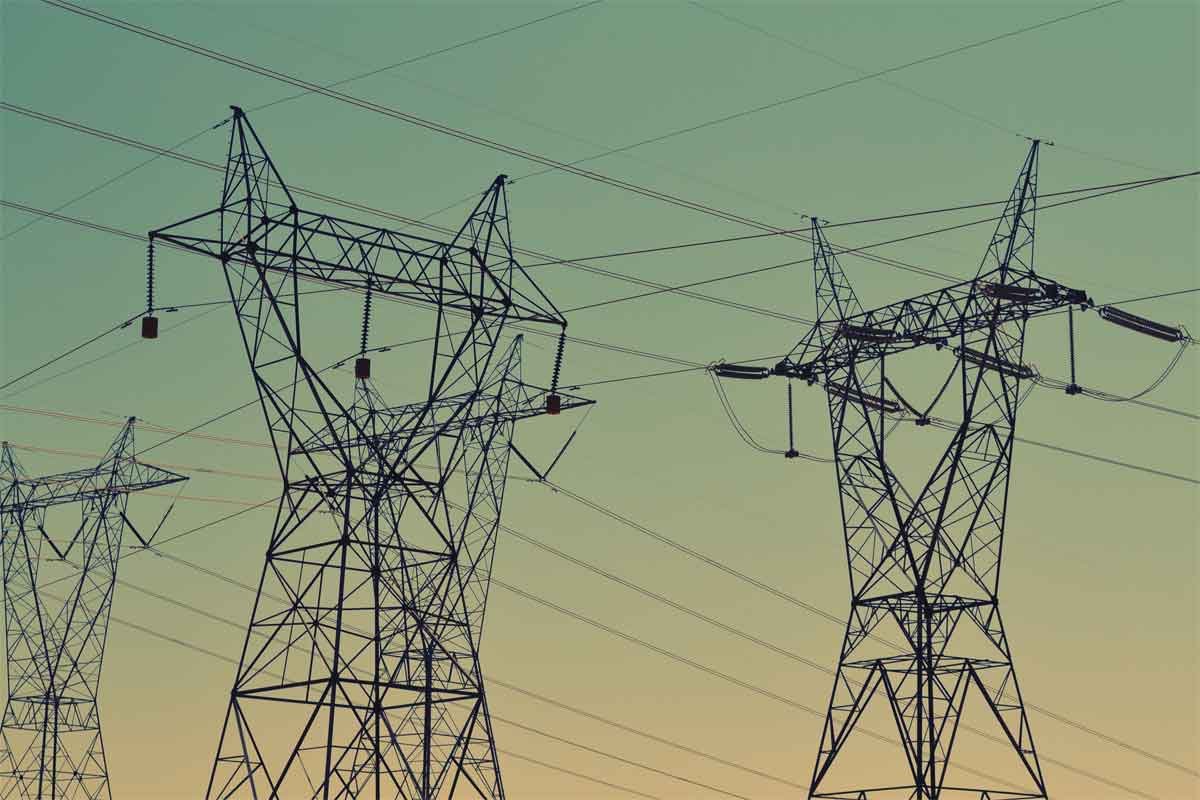Electricity is a critical part of modern life, from powering our homes to fueling our economy. However, the price of electricity can vary significantly depending on a range of factors. In this article, we’ll explore the key things that affect electricity prices.
Supply and Demand
As with any product or service, the basic principle of supply and demand plays a part. When electricity demand is high, such as during hot summer months when air conditioning usage increases, the price of electricity tends to rise. Conversely, when demand falls, such as during mild spring or fall weather, prices tend to drop.
In addition to seasonal fluctuations, events like heatwaves, cold snaps, and natural disasters can cause a sudden surge in demand for electricity. This can lead to supply shortages and price spikes, as power companies struggle to meet demand. Electric utilities may need to import power from other regions or rely more heavily on expensive peaker plants to keep up with demand.
Fuel Costs

The cost of the fuel used to generate electricity can have a significant impact on prices. Most power companies use a mix of fuels, including coal, natural gas, nuclear, and renewable sources like wind and solar. The price of these fuels can fluctuate due to a range of factors, including geopolitical tensions, e.g. the war in Ukraine, supply disruptions, and changes in regulations.
For example, if the price of natural gas rises due to a supply shortage, power companies that rely heavily on natural gas may have to pay more to generate electricity. This increased cost would likely be passed on to consumers and businesses in the form of higher electricity prices. This is why it is worth researching the best electricity plans for Dallas businesses if higher prices are affecting your bottom line.
Regulations
Government regulations affect electricity prices. For instance, regulations aimed at reducing greenhouse gas emissions may require power companies to invest in cleaner, but more expensive, sources of energy. This can add to the cost of generating electricity, which usually leads to higher prices.
Similarly, regulations that mandate the use of renewable energy sources can have an impact. While renewable energy sources like wind and solar are becoming increasingly cost-competitive with traditional sources of energy, they still require significant upfront investments.
Infrastructure

The infrastructure required to generate, transmit, and distribute electricity can also have a significant impact on prices. For example, outdated power plants may be less efficient and more expensive to operate than newer, more advanced plants. Similarly, power lines that are not well-maintained may suffer from power outages and other issues, which can drive up costs.
Competition
Finally, competition can also play a role in determining electricity prices. In some areas, consumers have the option to choose between multiple electricity providers. This competition can help keep prices down, as companies compete to offer the best rates and services. However, in areas where there is only one provider, prices may be higher, as there is no competition to keep prices in check.
By being mindful of these factors and taking steps to reduce our energy consumption, we can help keep our electricity bills in check.


